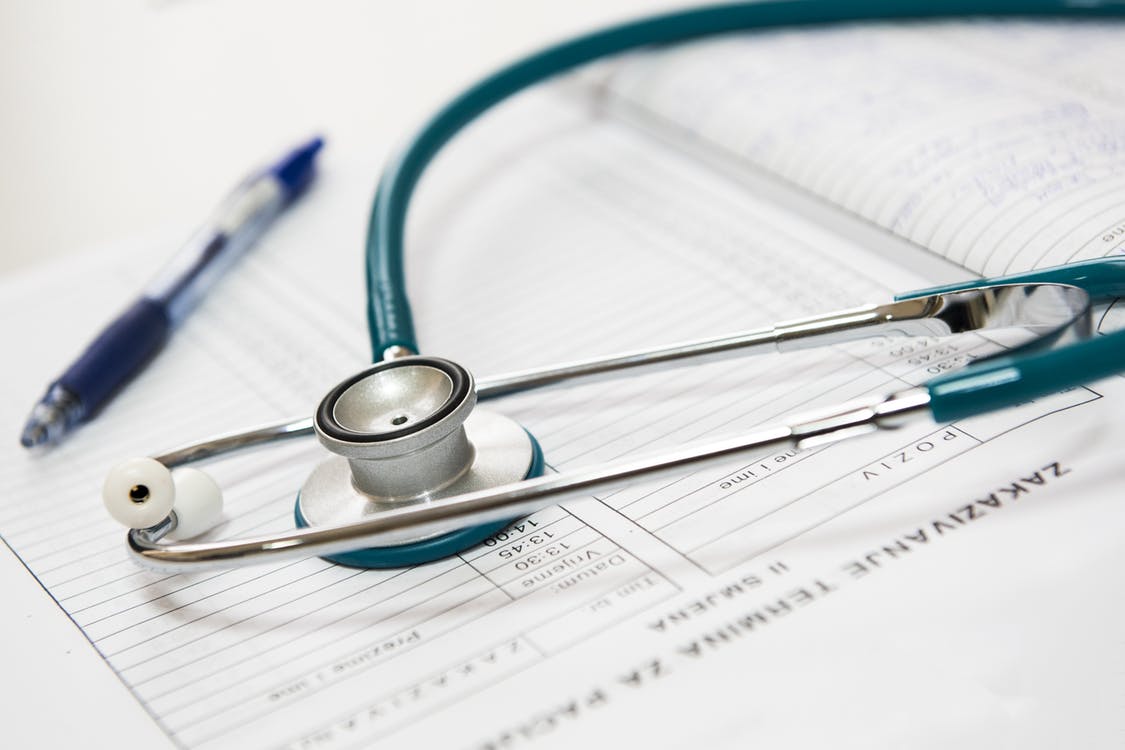
Almost every entity in the healthcare sector deals with patient data. Although access to this data can help in improving overall care, it should be safeguarded per Health Insurance Portability and Accountability Act (HIPAA) rules. You can’t underestimate the importance of having a robust compliance program be it a hospital, medical practice, or any other healthcare business,
Other than transforming patient experience and healthcare operations, technology has been a strong ally for healthcare organizations and professionals. This could also be beneficial for those who want to streamline and add peace of mind to their HIPAA compliance efforts. Here’s how technology can be used to boost your HIPAA compliance.
1. Strengthening Internal Auditing Processes
HIPAA-covered entities and their business associates are required by law to complete several self-audits to ensure continued compliance with HIPAA rules. In addition, the federal government often provides random HIPAA auditing on healthcare organizations and their associates.
So, while having a good internal auditing process is advantageous, you can strengthen it with the help of HIPAA compliance auditing software. These solutions are useful for performing regular risk assessments and preparing and maintaining internal audits documentation.
If you don’t have the budget to invest in HIPAA compliance software, you can try outsourcing HIPAA audits services from Techumen and other similar companies. They can help you ensure that your organization is complying with HIPAA rules, identifying gaps in your policies, and streamlining your HIPAA process. Not only that, but they can also help you in implementing solutions, allowing you to work with compliance experts by understanding your business model.
2. Ensuring Robust On-Premise Security
If there’s one aspect of HIPAA compliance and cybersecurity that is surprisingly easy to overlook, it’s physical access to sites and data centers that process and store high-value data. This includes electronically protected health information.
HIPAA has provided guidelines on physical safeguards for healthcare businesses. That said, technology can help in strengthening the security of your on-premise data storage facilities and devices. Hence, it’s important to establish proper digital access controls and management in data centers and devices carrying Electronic Protected Health Information (ePHI). This can help reduce the likelihood of data theft by thieves or disgruntled employees who single out a facility for physical robbery.
In addition, technologies like biometric scanning help ensure that unauthorized individuals don’t have access to sensitive areas, unintentional or otherwise, such as ePHI workstations or server closets.
3. Streamlining Core Functions While Reducing Errors
Automation hasn’t just made factories more efficient but has also transformed the healthcare industry. Automation in the healthcare industry can help streamline major back-office functions while reducing the risk of human error. This is crucial for patient outcomes and is useful for keeping the back-office functionalities on tracking data. This also includes recording, organizing, and storing patient records, automatic appointment scheduling, and reaching out to patients with automated appointment reminders.
However, automation is also critical for HIPAA compliance and liability. It helps in reducing the likelihood of healthcare professional mistakes. Some inaccuracies could be avoided such as medication dosage, transcription and surgical procedures, and a host of other errors which might end in tragedy.
4. Providing Easy And Fast Access To Documents
The recent revisions of HIPAA rules concern the speed at which a health organization should provide patients with an electronic copy of their medical records when asked. In previous versions, there was no time limit. This presented a barrier in some cases where a patient needs to transfer electronic records to a new specialist or healthcare provider.
Current HIPAA guidelines now require healthcare entities to provide electronic medical records within 36 hours of a request. In this case, cloud-based technology is vital to ensure fast, easy, and secure access to documents, especially for healthcare infrastructure with more than one location. This technology helps offer the ultimate assurance that records are protected in the event of a data loss and can be retrieved quickly when patients make an information request.
5. Having Secure Storage And Transfer of Documents
Remaining in full compliance with HIPAA requires healthcare businesses to implement security practices to all shared electronic documents. To meet this requirement, healthcare providers need to invest in document storage solutions with reliable built-in encryption technology. HIPAA requires covered entities to implement a mechanism that encrypts PHI whenever deemed necessary. This covers documents on transit— including instant messaging and email.
Therefore, modern healthcare organizations will need to implement encrypted patient document storage and instant messaging to ensure the integrity and security of documents at rest and in transit.
Take Away
Technology has always made a huge impact when it’s brought in to solve the right problems and worthwhile challenges. When used properly in the healthcare sector, technology is the perfect ally in the fight for a more efficient, effective, cost-effective, and compliant healthcare industry.
Ravin Larsen is an IT specialist. He's tech-savvy and loves to update himself on the recent technology updates. He's also a freelance writer and shares his knowledge is technology by writing blogs. Ravin enjoys playing online games and traveling.